TS LAWCET 2025 was conducted on 6 June 2025. Its result has released. The Telangana State Law Common Entrance Test (TS LAWCET) is a State level Law entrance exam. Whereas Osmania University i.e. Osmania University on behalf of TSCHE organizes this exam. Its official website is lawcet.tsche.ac.in. The TS LAWCET forms the basis for admission to 3Year / 5Year LL.B. in Colleges of Law in Telangana. You can now download TS LAWCET previous year question paper PDF, syllabus PDF, and know about TS LAWCET result, admit card, answer key, application form from here on aglasem.com.
 Latest – TS LAWCET 2025 result has been released. Get the link to check the result here.
Latest – TS LAWCET 2025 result has been released. Get the link to check the result here.
TS LAWCET 2025
What is TS LAWCET?
The TS LAWCET stands for Telangana State Law Common Entrance Test. Organized by Osmania University on behalf of TSCHE (Osmania University), it is the State level Law entrance exam for admissions to 3Year / 5Year LL.B. in Colleges of Law in Telangana.
Quick Links
- Previous Year Question Papers
- Syllabus
- Mock Test
- Application Form
- Login
- Application Correction
- Admit Card
- Answer Key
- Response Sheet
- Result
TS LAWCET 2025 Exam Date
When will Osmania University hold the TS LAWCET? What is the last date to apply? When can we download TS LAWCET admit card? When will TS LAWCET result be out? All these questions are answered in the TS LAWCET exam date calendar here at aglasem.com. However please note that Osmania University on behalf of TSCHE is the official body that decides all the important dates. Therefore you should keep checking official website lawcet.tsche.ac.in for any changes in the schedule.
| Exam Event | Event Date |
|---|---|
| Notification of TG LAWCET 2025 | 25 Feb 2025 |
| Release of application form or Start of registration | 01 Mar 2025 |
| Last date to apply | 30 Apr 2025 |
| Last Date for Registration & Submission of Online Application Form with Late Fee of Rs.500/- | 10 May 2025 |
| Last Date for Registration & Submission of Online Application Form with Late Fee of Rs.1000/- | 15 May 2025 |
| Last Date for Registration & Submission of Online Application Form with Late Fee of Rs.2000/- | 20 May -2025 |
| Last Date for Registration & Submission of Online Application Form with Late Fee of Rs.4000/- | 25 May 2025 |
| Correction of online application data already submitted by the candidate | 20 May 2025 to 25 May 2025 |
| Issuance of TS LAWCET admit card 2025 | 31 May 2025 |
| TS LAWCET 2025 exam date | 6 Jun 2025 TG LAWCET 3YDC: (3 YDC – 09.30 AM to 11.00 AM & 12.30 PM to 02.00 PM) TG LAWCET 5 YDC: (5 YDC & LLM. – 04.00 PM to 05.30 PM) |
| Release of answer key, response sheet | 11 Jun 2025 |
| Last Date of Submission of Objections on Preliminary Key, response sheet | 13 Jun 2025 |
| Release of final answer key | 25 Jun 2025 |
| Announcement of TS LAWCET result 2025 | 25 Jun 2025 |
Important Downloads and Official Links
- Official Website of TS LAWCET
- 15 Jan – Exam Date Notice
- Instruction Booklet
- Detailed Notification
- Notification
- Application Correction Notice
- FAQs
- User Guideline
- Important Dates
- Test Zones
- Application Form Dates Revised Notice
TS LAWCET Exam – An Overview
The key details about this entrance exam are as follows.
| Exam Aspect | Aspect Information |
|---|---|
| Name of Exam | TS LAWCET |
| Full Form | Telangana State Law Common Entrance Test |
| Exam Conducting Body | Osmania University |
| Full Name of Body | Osmania University on behalf of TSCHE |
| Level of Exam | State Level |
| Official Website of Exam | lawcet.tsche.ac.in |
| Courses Where Admission Is Through This Test | 3Year / 5Year LL.B. |
| Colleges / Universities / Institutes Where Admission Is Through This Test | Colleges of Law in Telangana |
| Region Of Exam (admission to institutes in these areas are primarily through this test; does not reflect from where students can participate) | Telangana |
| Type Of Exam | Law Entrance Exams |
TS LAWCET Exam
If you have decided to appear for the Telangana State Law Common Entrance Test, then you should know the scheme of this test. The Osmania University conveys all information about TS LAWCET exam pattern, and syllabus. Thus you should keep checking lawcet.tsche.ac.in for any new updates on the same. Important points are also in TS LAWCET 2025 information brochure upon its release.
TS LAWCET Previous Year Question Paper
Preparing for Telangana State Law Common Entrance Test? Then you should download previous year question paper of TS LAWCET to strengthen your preparation. Important points are as follows.
- The TS LAWCET question paper are the set of papers that were actually used in past year exams.
- By solving them, you get a good idea of what type of questions to expect in TS LAWCET 2025 exam.
- Moreover you can download TS LAWCET previous year question paper PDF from aglasem.com to practice at anytime as per your convenience.
TS LAWCET 2025 Result
As soon as TS LAWCET exam ends, you immediately get curious about the result. Here are the most important points about it.
- Result date: The Osmania University decides TS LAWCET 2025 result date. You can check the latest result date above in the TS LAWCET dates calendar. Also keep checking lawcet.tsche.ac.in for any new updates on the same.
- Result link: You can get the direct link to check TS LAWCET results at lawcet.tsche.ac.in. Keep your login credentials given by Osmania University on behalf of TSCHE, ready, to access it.
- How to check result: As soon as Osmania University announces result, you need to click the TS LAWCET result link. Then enter login credentials that you got when you applied for the Osmania University on behalf of TSCHE. If you have lost any username or password, pls use recovery process given at lawcet.tsche.ac.in. Then use the login details to enter in the TS LAWCET result check form. Immediately, you will see your TS LAWCET result.
- What it conveys: The result contains your personal details as you filled in TS LAWCET registration. Plus it contains scores, marks, TS LAWCET 2025 rank (if applicable). It may contain other details as decided by Osmania University. Read the instructions in your TS LAWCET result / score / rank card carefully to know what to do next for counselling and admission.
- Significance: Your TS LAWCET result 2025 forms your gateway for admissions to these institutes – Colleges of Law in Telangana, and these courses – 3Year / 5Year LL.B.; depending on your eligibility and choices filled.
TS LAWCET 2025 Registration / Application Form
Now if you have decided to appear in Telangana State Law Common Entrance Test, then the first thing to do is to fill its form. Here are the key things to note.
- When and Where To Apply: You should read the complete TS LAWCET 2025 notification and brochure by Osmania University on behalf of TSCHE to know exact details. Moreover you get the link to apply with guidelines at lawcet.tsche.ac.in.
- Last Date: The Osmania University specifies TS LAWCET form deadline in the notification. It is advisable to not wait for the last date to fill form of Telangana State Law Common Entrance Test to avoid rush and hasty mistakes. In addition, keep checking lawcet.tsche.ac.in for any extension in the deadline.
- How to Apply: The exact steps to apply are given by exam conducting body Osmania University in the official website, notification, and brochure. Broadly the process involves that in the TS LAWCET application form 2025, you fill your personal details, educational qualifications, and choices correctly. Also make sure you fulfill eligibility criteria of Telangana State Law Common Entrance Test before you register.
TS LAWCET 2025 Admit Card
Then once you apply, you need the TS LAWCET 2025 hall ticket. Most important details of the same are as below.
- Release Date: When will Osmania University release the TS LAWCET admit card 2025? You can know this in the dates table above, as well as official website lawcet.tsche.ac.in. Usually the TS LAWCET hall ticket download starts a few days before exam. There is enough time for you to know your TS LAWCET 2025 exam center to plan your travel.
- Download Link: In the event that Osmania University on behalf of TSCHE releases admit card of TS LAWCET 2025 in online mode, you can get the download link at official website lawcet.tsche.ac.in. So keep checking the same.
- How to Download: You should read official guidelines of Osmania University to know exact process of obtaining TS LAWCET admit card. Nevertheless the usual route is to go to lawcet.tsche.ac.in, then click the admit card download link, and enter TS LAWCET 2025 login details.
TS LAWCET 2025 Answer Key
Appeared for Telangana State Law Common Entrance Test and now eager to know your marks? Read the following to know all about answer key.
- The TS LAWCET answer key 2025 refers to the correct answers of TS LAWCET 2025 question paper.
- Usually just after the exam, you can check answer key of TS LAWCET by coaching centers, and teachers.
- As and when Osmania University on behalf of TSCHE releases TS LAWCET answer keys, you can download them at lawcet.tsche.ac.in to match your answers.
- Your marks in exam are only as per TS LAWCET 2025 official answer key.
TS LAWCET 2025 Syllabus
A key aspect of TS LAWCET exam preparation is to know the syllabus. Here is what you should note.
- The Osmania University provides the TS LAWCET syllabus.
- It refers to the list of subjects, and topics from which questions are asked in TS LAWCET 2025 question paper.
- You should study all topics to get good marks in Telangana State Law Common Entrance Test.
- However if you have less time, then you can refer the TS LAWCET chapter wise weightage to get an idea of which topics are most asked from.
TS LAWCET 2025 Cut Off
What is TS LAWCET cut off?: The cut off of TS LAWCET can refer to two things: (1) minimum marks to qualify TS LAWCET; and (2) last rank at which one can get admission through TS LAWCET.
- As far as minimum qualifying marks is concerned, please refer notification and brochure by Osmania University on behalf of TSCHE to know the same, if any.
- The cut off rank for TS LAWCET can be known from previous year admission details.
The TS LAWCET cut off – last rank / score for admission – changes every year. This year it will depend on following factors:
- Difficulty level of TS LAWCET 2025 exam.
- Average performance of students.
- Number of students who appear in TS LAWCET in 2025.
With the past year cut off of TS LAWCET, you can get a good idea that till which rank one can get admission in 3Year / 5Year LL.B. in Colleges of Law in Telangana.
If you have any questions about the TS LAWCET 2025, then please ask in comments below. And if you found this page to be useful, please share!
To get exam alerts and news, join our Whatsapp Channel.
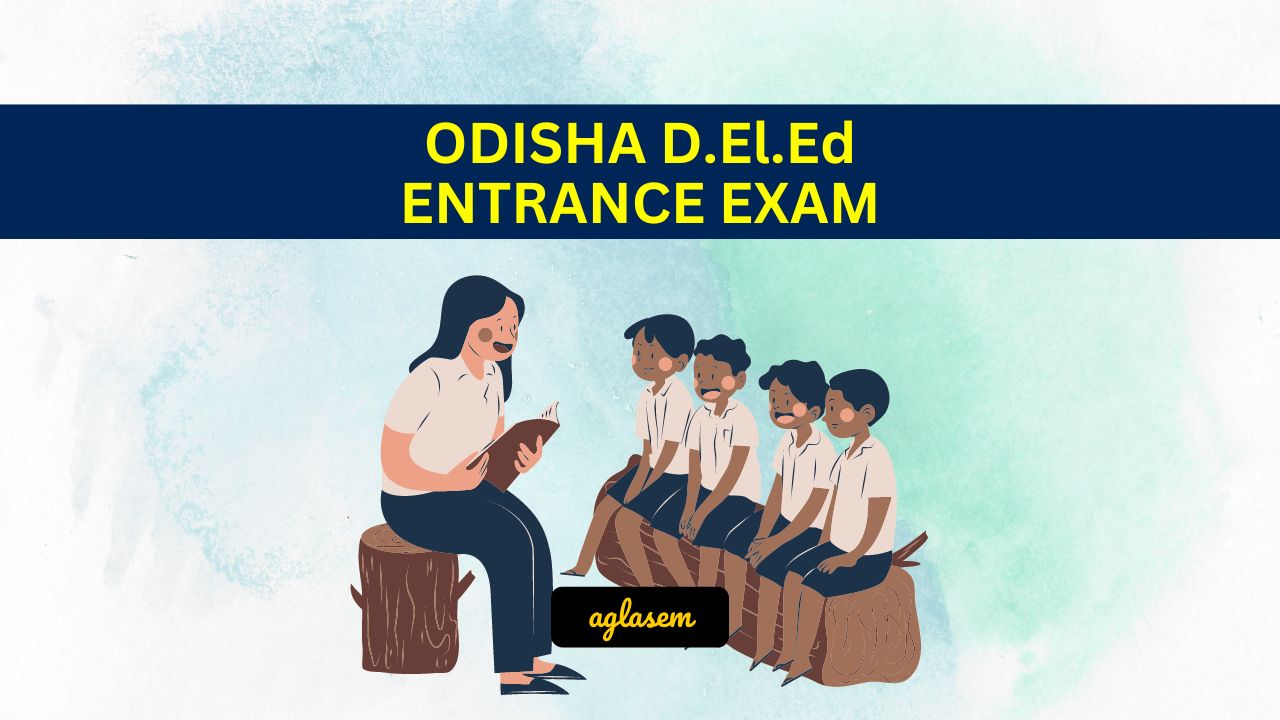
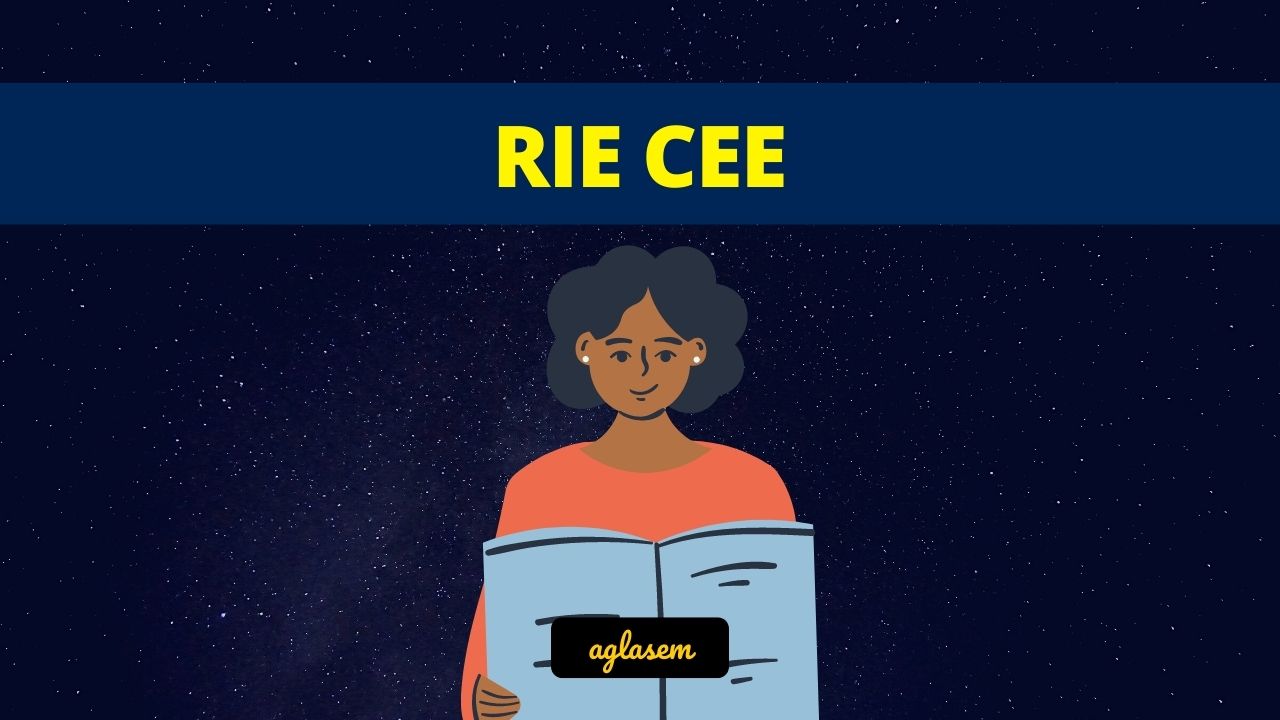
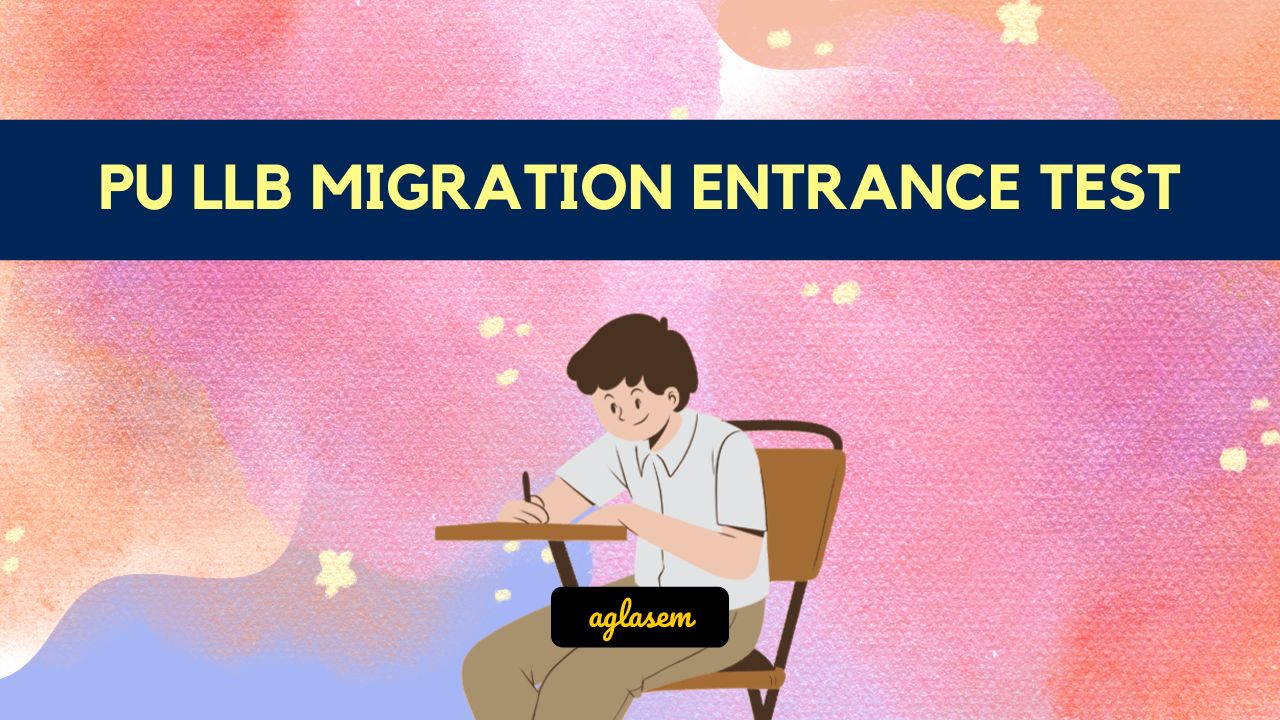
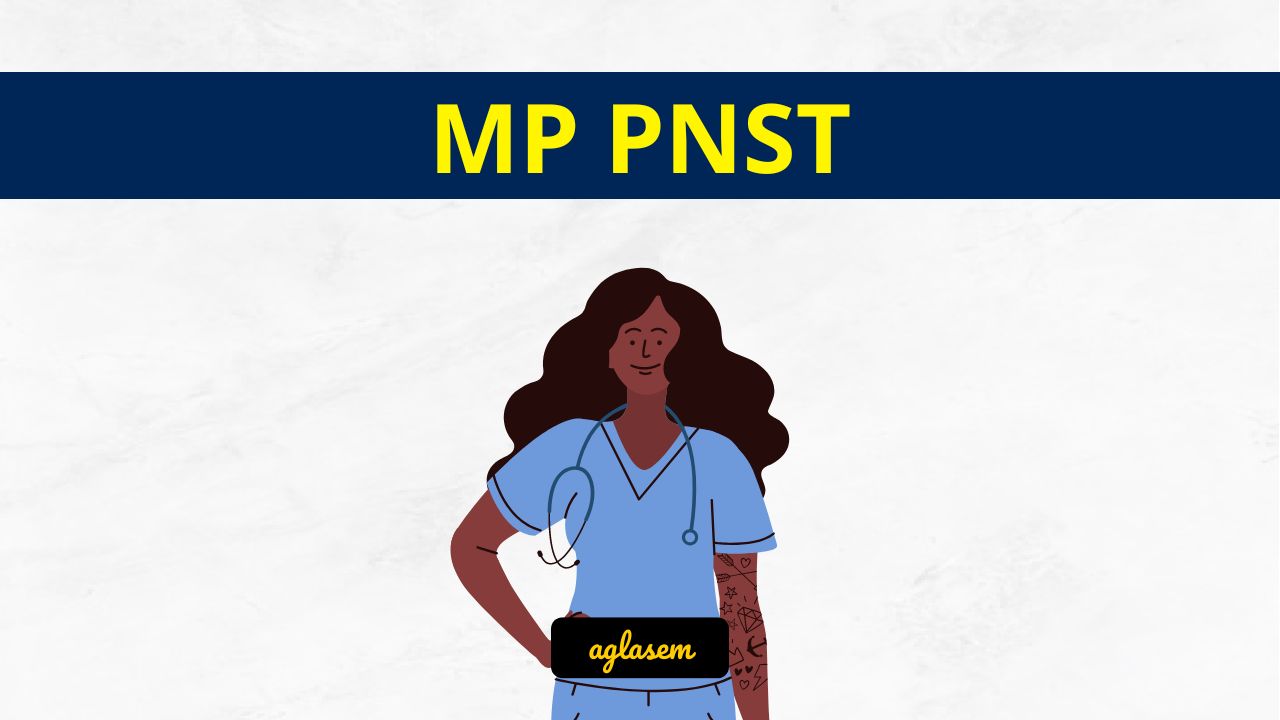
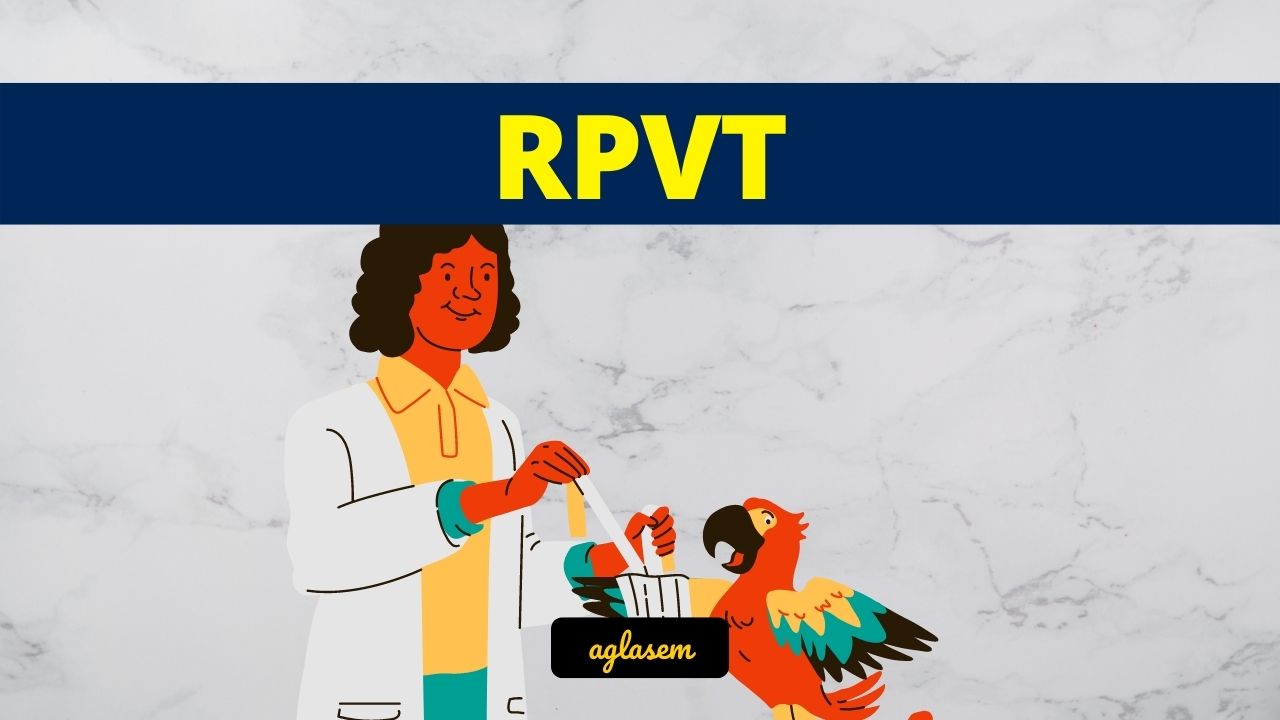


How many years need to eligible for law set exam
You can check the eligibility criteria here:
Educational Qualification
1For 3 Year LLB Course: Have Graduate Degree with at least 45%. Those who have less than 45% in the graduation should have passed any additional graduation or post graduation with 45%.
2.For 5 Year LL.B. Course: Passed 10+2 with at least 45%.
What is the meaning symbol of #
and how it is useful